The Greek Revolution: The Emergence of Democracy
Democracy, a form of state now taken for granted in many parts of the world, has its roots deep in ancient Greece. This blog delves into the fascinating history and development of democracy in Greece, and how it laid the foundation for modern democratic systems.
The Birth of an Idea
In ancient Athens around 507 B.C., the statesman Cleisthenes introduced a series of political reforms known as the “Isonomia,” which ended aristocratic control and led to the establishment of what we now know as democracy. These changes included the introduction of laws made by citizens and the principle that all citizens had equal rights.
Structures and Principles
Athenian democracy was direct, meaning citizens actively participated in decision-making. Important institutions included the “Ekklesia,” an assembly in which citizens voted on laws and decrees; the “Boule,” a council of 500 members that managed the day-to-day administration; and several courts with jurors elected from the citizenry.
The Impact on Modern Systems
Although Greek democracy differs from modern democracy, many fundamentals have remained the same. The concepts of equal voting rights, the rule of law, and citizen participation are still core aspects of democratic governments. Athens’ legacy lives on in the parliamentary debates, legal systems, and electoral processes we see today in various countries.
Legacy and Lessons
Ancient Greek democracy was not without its flaws and limitations – women, slaves and metoiks (non-citizens) were excluded from the political process. However, the evolutionary ideas of equality and civic responsibility remain an important heritage. The study of Greek democracy offers valuable insights into both the strengths and weaknesses of the democratic model and inspires continuous improvement and innovation in contemporary governments.
In conclusion, the legacy of ancient Greece and its contribution to democracy is enormous. It provides a profound example of how ideas and institutions can develop and form the basis of our contemporary society. The principles laid in ancient times continue to influence the global dialogue on justice, governance and civic participation.
The influence of Greek democracy extends far beyond the historical boundaries of ancient Athens. Over the centuries, the principles and structures of the Athenian political system have left deep marks on political thought and institutional developments worldwide. This section highlights some of the most notable aspects of this enduring influence.
The Expansion of Democratic Ideals
After the heyday of Athens, democratic ideas gradually spread to other cultures and empires. Important philosophers such as Plato and Aristotle, though critical of certain aspects of democracy, contributed to the dialogue through their works, which would later influence European and Arab scholars. Their thoughts laid the foundation for later democratic developments during the Enlightenment and the formation of modern states.
Democracy in the Modern Age
Modern democracy, though considerably different in practice and form, still treasures the ideals of ancient Greece. Modern democracies embrace representative elements, where elected representatives embody the will of the people, a concept far removed from the direct democracy of Athens yet rooted in the ideals of civic participation and equality. The rule of law and the protection of individual freedoms are also concepts that were further developed on the foundations laid by the ancient Greeks.
Lessons for the Future
As the world continues to change, ancient Greek democracy offers enduring lessons. It reminds us of the importance of civic engagement, the need for transparency and accountability in governance, and the pursuit of equity and justice. The challenges and shortcomings of the Athenian system also offer important lessons, pointing to the need for inclusiveness and constant evolution in our own democratic practices.

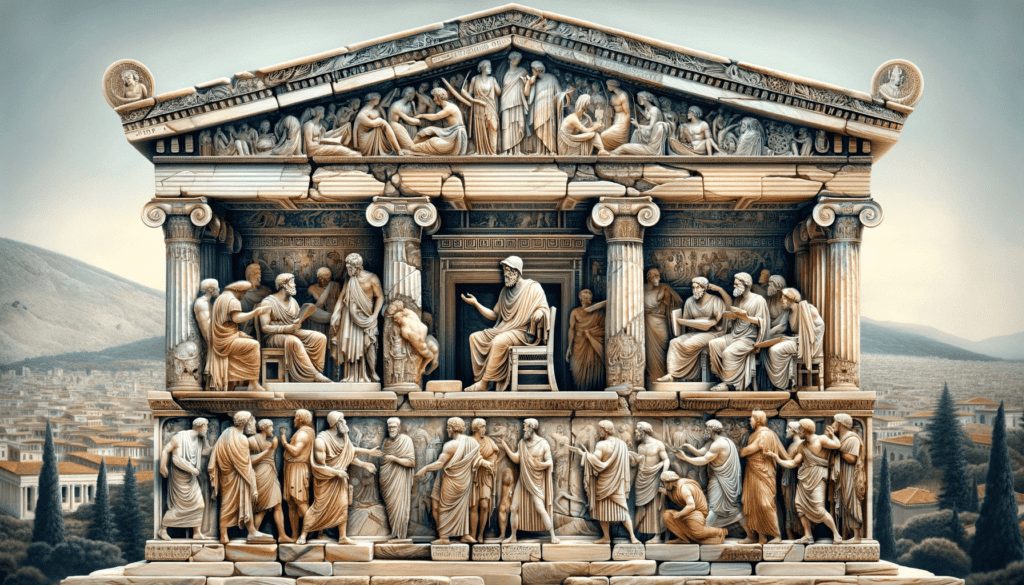

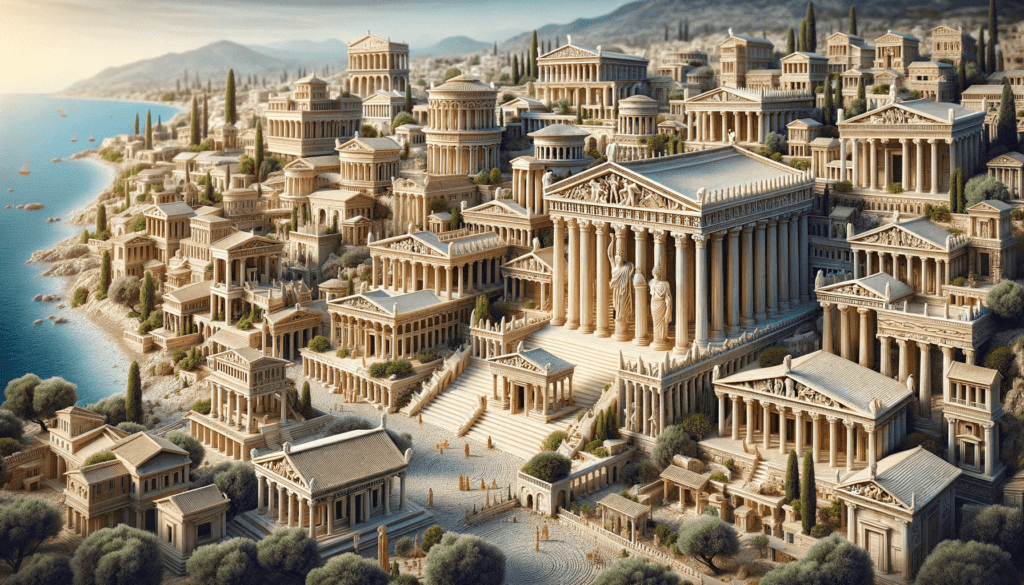
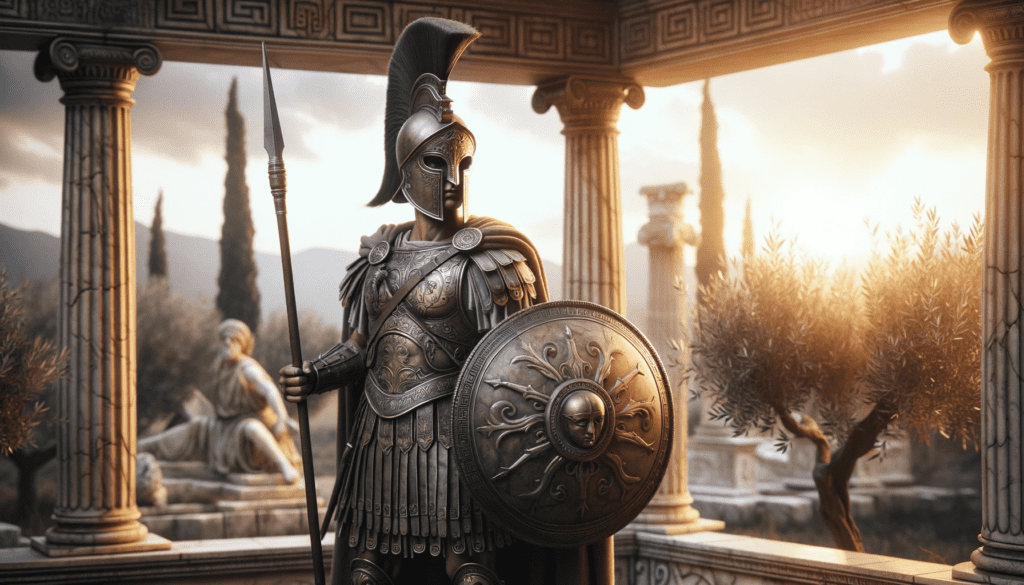

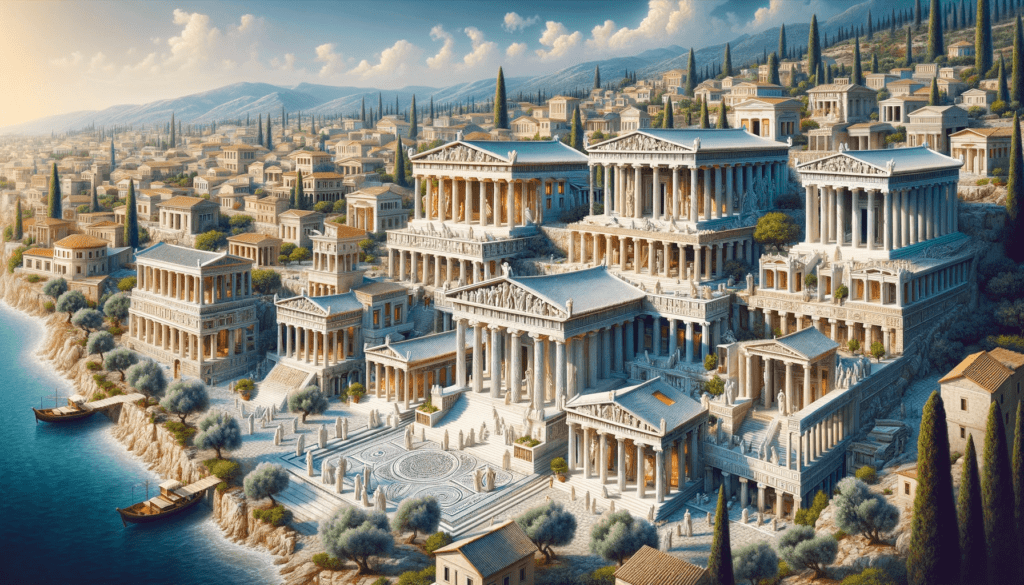
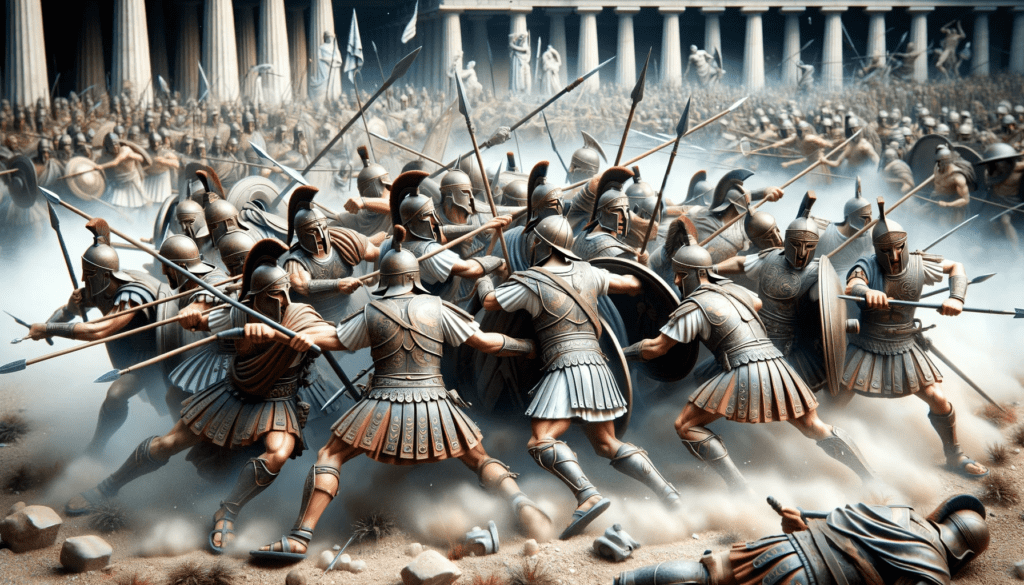

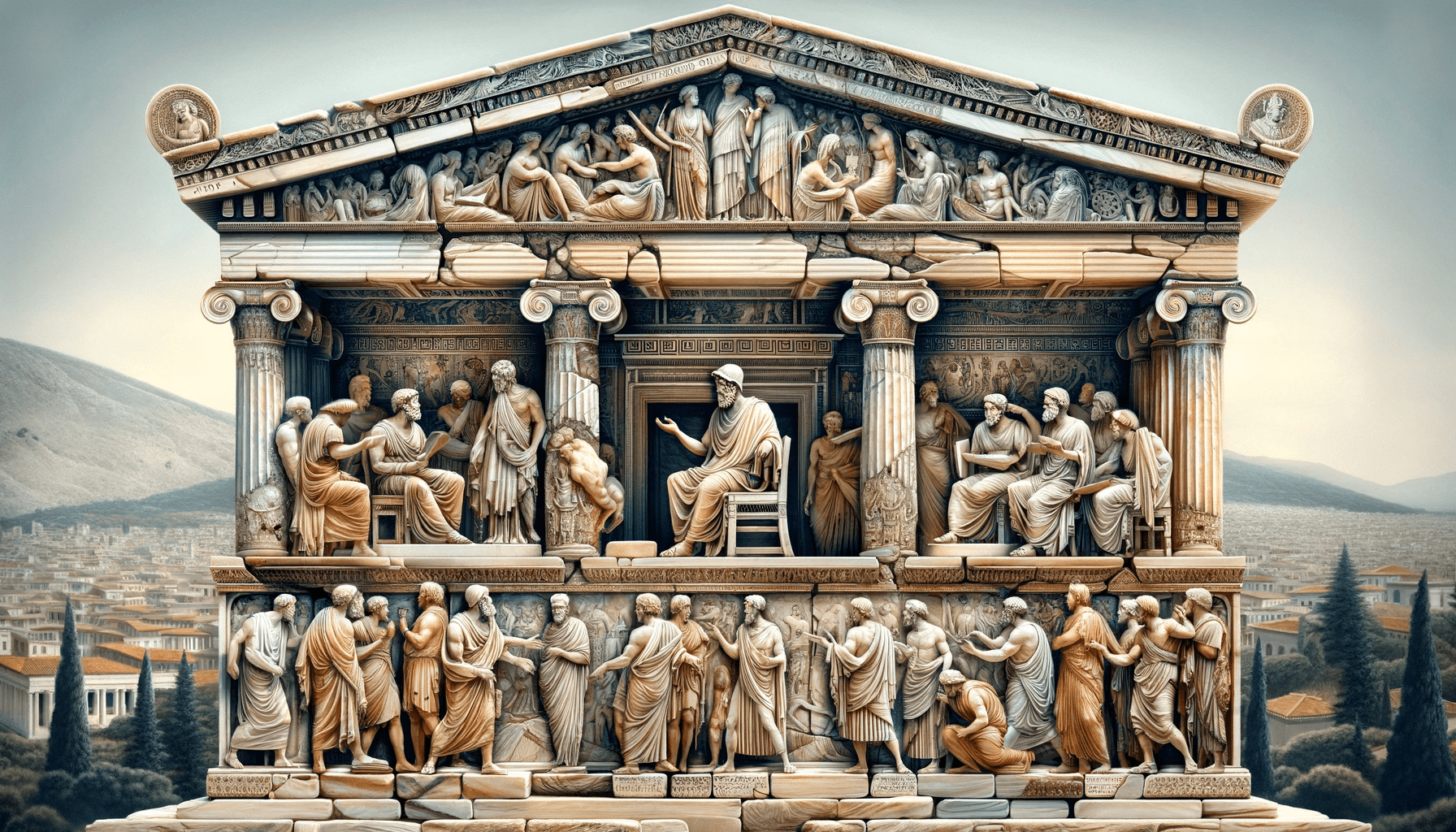
Leave a Reply